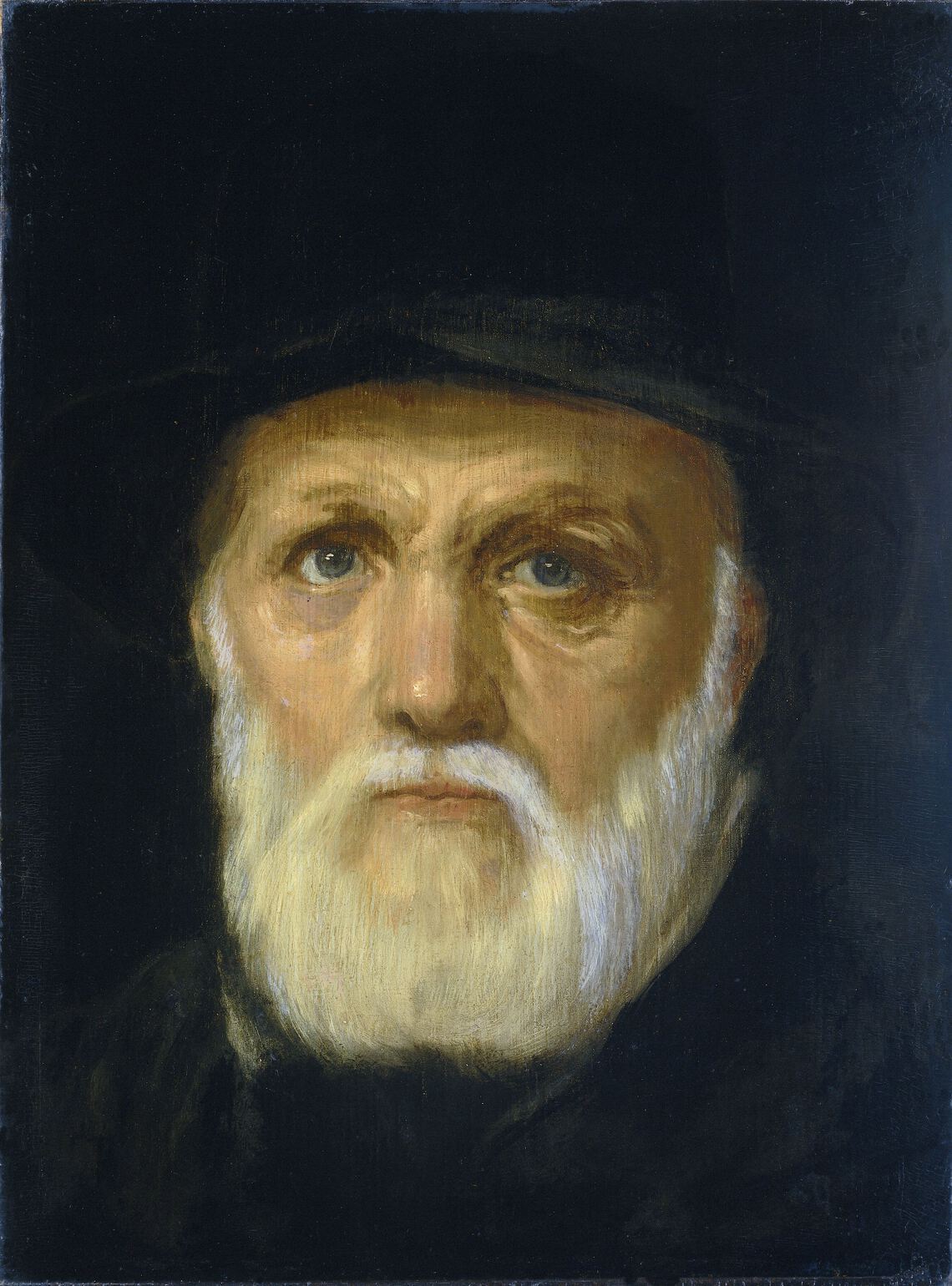Dirck Volckertszoon Coornhert
1522–1590
ScholarDirck Volckertszoon Coornhert was born in 1522 in Amsterdam. In 1539, he married Cornelia Symons despite the protests of his parents due to her age, lack of means, and the reputation of her sister as the mistress of count Reinoud III of Brederode according to Henk Bonger. Coornhert and his wife then moved to Haarlem, and Coornhert was soon employed by Brederode at the Batestein castle as a steward. His time at Batestein importantly affected his spiritual development as the court was quite anti-Catholic, and it was here that Coornhert first encountered the works of reformers such as Luther and Calvin.
In 1546, Coornhert moved back to Haarlem, where he worked on etchings and engravings for Maarten van Heemskerck. Coornhert also found time to write, finishing his first play the Comedie vande Rycke man [Comedy of the Rich Man] in 1550, which hints at his early religious beliefs regarding predestination, original sin and perfectability. He also wrote a treatise about the significance of ceremonies Verschoning van de Roomsche afoderije [Apology for Roman Catholic Heresy], which “made Coornhert’s ideas known abroad for the first time” (Bonger 22).
In 1561, Coornhert opened a printing office in Haarlem, which took the name Van Zuren, and Coornhert’s translation of Cicero’s De officiis was one of its first publications. Coornhert continued to translate ancient works of Seneca and Homer, making Haarlem into a thriving center for the Renaissance. Coornhert’s friends included the celebrated geographer Abraham Ortelius, who was a friend of Pieter Bruegel. Since Coornhert worked for Hieronymus Cock in the 1550s when he moved to Antwerp, as did Bruegel during that time, it is generally supposed that the two artists were acquainted. Some writers have argued that Bruegel shared Coornhert’s religious views. Certainly, he praised Bruegel’s work in a letter to Ortelius after receiving “an engraving by Philips Galle based on Bruegel’s Death of The Virgin” in 1578 (Bonger 28).
Coornhert became secretary for the government in Haarlem, traveling on business for the city and for Prince William of Orange. As a result of political and religious turmoil, Coornhert fled Haarlem three times into exile, finally returning in 1576. Coornhert then engaged in a series of private and public debates on various theological subjects. Meanwhile, Coornhert continued writing, and after a brief stay in Emdem, Coornhert wrote his most famous book Zedekunst [Ethics] in 1585. Finally at the age of sixty-eight, Coornhert passed away in Haarlem.
By Kelsey Schiedermayer
